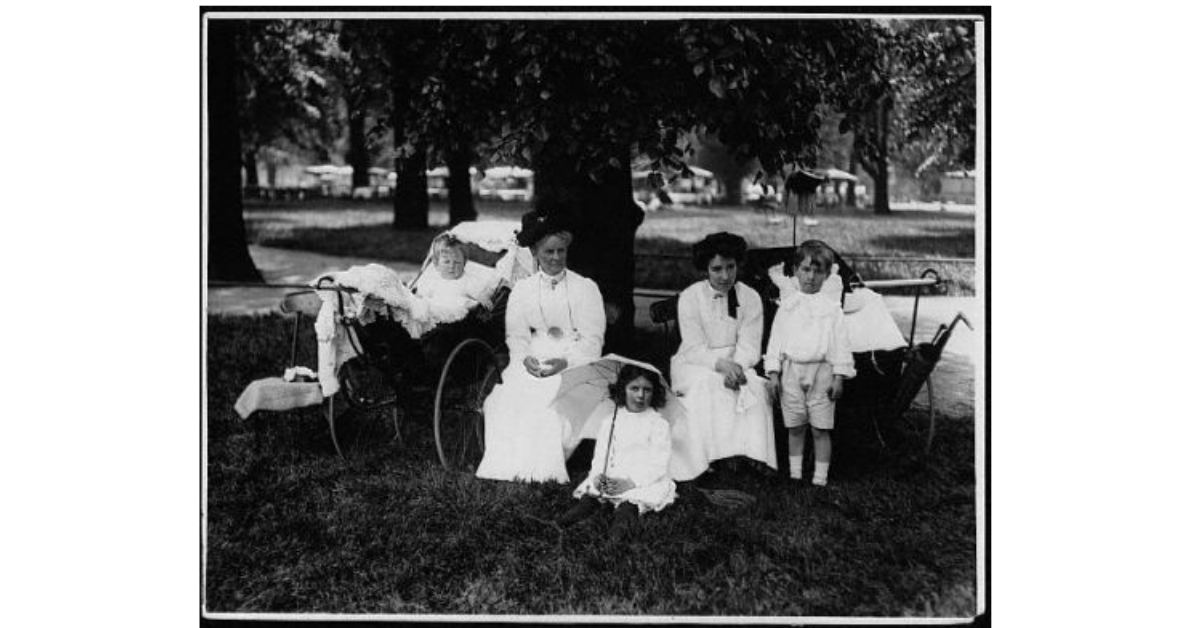
The History Of Nannies
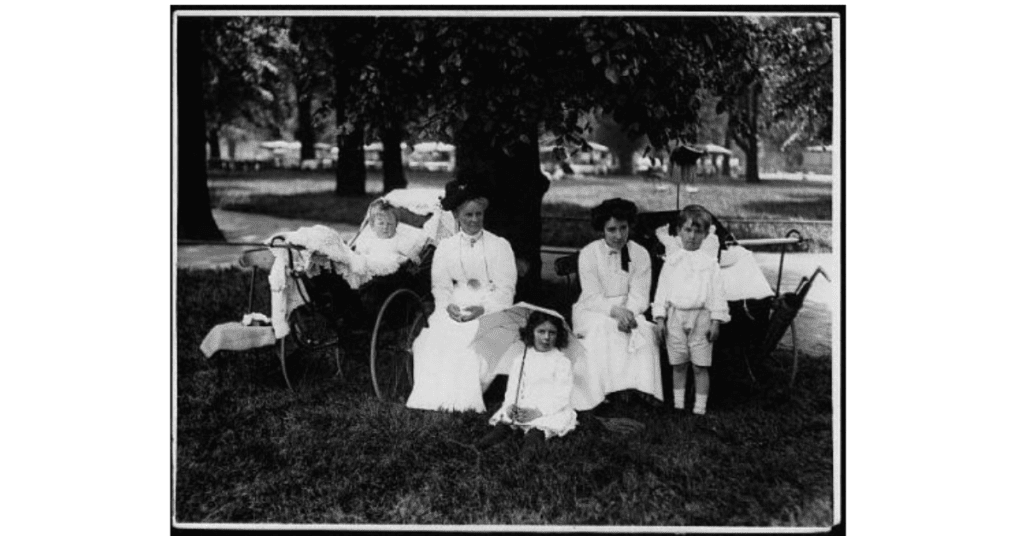
Nannies have played an integral part in households for centuries but where did the history of nannies begin? Here at Nannytax we have explored the evolution of the nanny. Nannies have a long-standing history from the ancient times, through World War I, right up to the highly respected career it is today.
Ancient times
The word nanny was coined in 1785 but nannies were around long before that, perhaps as early as 800 BC! Nannies were linked to social class during this time with many ancient Greek stories involving wet-nurses. Even the Bible references these nurses caring for babies immediately after their birth.
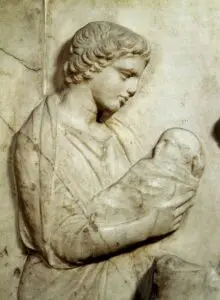
1300s
Nannies in the early 1300s were known as ‘nursemaids’, ‘wet-nurses’ or simply ‘nurses’. Their role was to take care of the children of affluent homes as domestic servants.
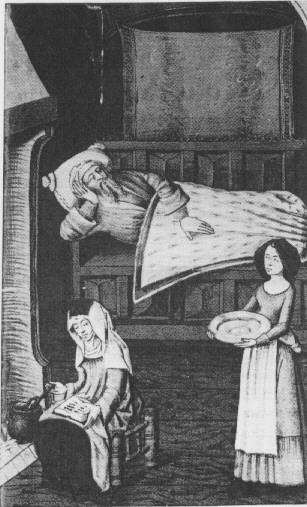
1700s
The term ‘nanny’ became separate from ‘nursemaids’ in the 1700s, beginning with the British Empire. Nannies reported to the ‘lady of the house’ and were often children themselves when first employed but they would stay for years to look after generations of the family down the line. Nannies assisted the maids of the house with general housekeeping. They were often educated so would act as a tutor until the children were of school-age. Women at this time weren’t allowed to work so nannying appealed to many unmarried girls who wanted to live independently. The nannies weren’t usually paid but were compensated with food and a place to stay.
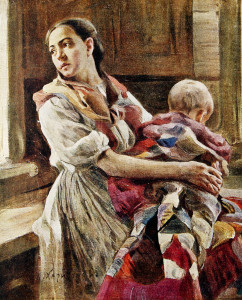
1800-1900s
Victorian Nannies
Victorian era nannies oversaw the nursery in large homes and were considered senior domestic staff. The ‘Nursery maids’ reported to the nannies and weren’t as hands-on with the children. Similar to nanny agencies today, domestic service agencies started to become established and these provided nannies and training manuals to affluent homes.
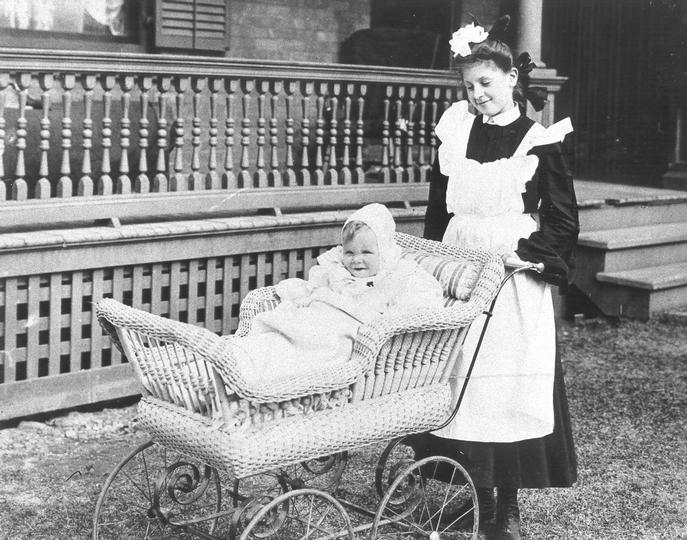
Massey’s agency – one of our agency partners and the world’s oldest private domestic staff agency in the UK!
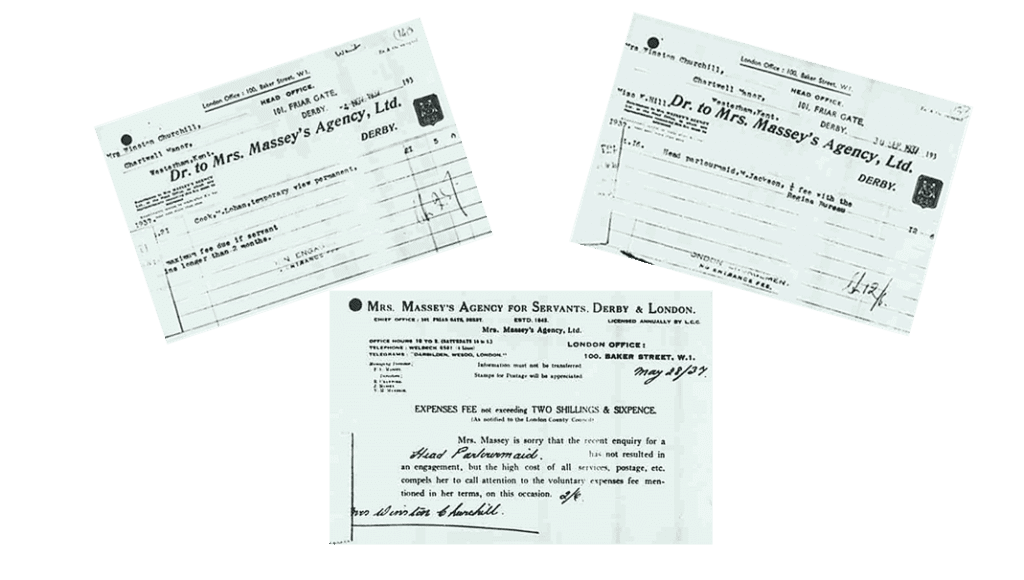
Edwardian Nannies and the First World War
Edwardian Nannies were similar to Victorian era nannies, heavily involved in raising the children and often remembered with great affection. Nanny training continued to become established and The Norland Institute nanny training college opened its doors in 1892. During the First World War imperial territories employed British nannies in colonial officers’ homes and the English nanny was considered the height of childcare practice across Europe.
Nannies today!
In the twenty-first century, nannies continue to offer dedicated support, assistance and flexible care for children in the family home setting. Nannying has evolved into a well-respected career largely due to greater recognition of the importance of childcare as well as an awareness of domestic workers’ rights, increasing numbers of nanny agencies and payroll companies (like Nannytax!) who can support nannies with fair salary calculation and provision of payroll.
Unlike previous eras which widely-regarded nannies as a female role, we have also seen an increase in male nannies (aka Mannies!). Norland College was praised for breaking down gender stereotypes by encouraging more males to join its prestigious ranks after four men enrolled in 2017 to complete the establishment’s BA in Early Years Development and Learning (article here). The role has also increased in versatility to include new strands of nannying such as live-in nannies, nanny shares and after school nannies.
Who are Nannytax?
We’re the people behind the UK’s award-winning nanny payroll service. Since 1993, we have supported families who hire nannies with the payroll and legal aspects of the employment. This includes providing payslips and ensuring their tax and HMRC liabilities are dealt with correctly. This ensures that nannies receive the correct pay and are entitled to their UK employee rights such as sick pay, maternity leave and holiday allowance.
